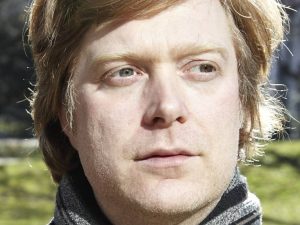Affective Transformations
Politics – Algorithms – Media
The Affective Turn has lost its former innocence and euphoria. Affect Studies and its adjacent disciplines have now to prove that they can cope with the return of the affective real that technology, economy, and politics entail.
Two seemingly contradictory developments serve as starting points for this volume. First, technological innovations such as affective computing, mood tracking, sentiment analysis, and social robotics all share a focus on the recognition and modulation of human affectivity. Affect gets measured, calculated, controlled. Secondly, recent developments in politics, social media usage, and right-wing journalism have contributed to a conspicuous rise of hate speech, cybermobbing, public shaming, “felt truths,” and resentful populisms. In a very specific way, politics as well as power have become affective.
Affect gets mobilized, fomented, unleashed. When the ways we deal with our affectivity get unsettled in such a dramatic fashion, we have to rethink our ethical, aesthetical, political as well as legal regimes of affect organization.



